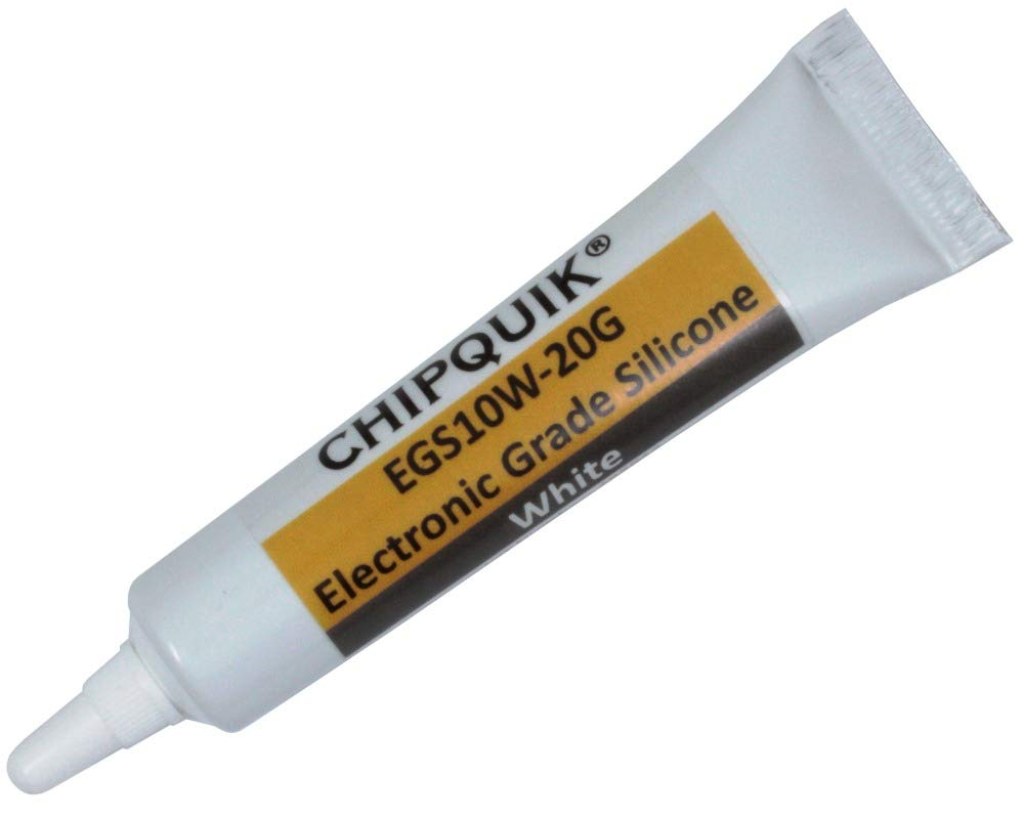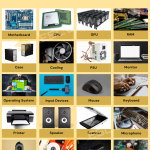Enhance Your Electronics With High-Quality Electronics Grade Silicone – Click Now For Superior Performance!
Electronics Grade Silicone: The Key to High-Performance Electronics
Introduction
Greetings, Readers! Welcome to an informative article about electronics grade silicone. In the fast-paced world of technology, electronics grade silicone plays a crucial role in ensuring the reliability and performance of various electronic devices. In this article, we will explore the characteristics, applications, advantages, and disadvantages of electronics grade silicone. So, let’s dive right in!
1 Picture Gallery: Enhance Your Electronics With High-Quality Electronics Grade Silicone – Click Now For Superior Performance!

What is Electronics Grade Silicone?
🤔 Electronics grade silicone refers to a specialized type of silicone material that is specifically formulated for use in electronic devices. It possesses unique properties that make it ideal for applications in the electronics industry. Electronics grade silicone is known for its excellent thermal stability, electrical insulation, and resistance to extreme temperatures, making it a reliable choice for various electronic components.
Who Uses Electronics Grade Silicone?

Image Source: media-amazon.com
👥 Electronics grade silicone is utilized by a wide range of industries and professionals involved in the manufacturing and assembly of electronic devices. This includes electronic component manufacturers, electrical engineers, product designers, and researchers. From consumer electronics to aerospace and automotive industries, electronics grade silicone finds applications in a diverse array of sectors.
When is Electronics Grade Silicone Used?
⌚ Electronics grade silicone is used at various stages of the manufacturing process of electronic devices. It is commonly employed during the encapsulation of electronic components, as a conformal coating, and for potting applications. These processes help protect delicate electronic parts from environmental factors such as moisture, dust, and temperature fluctuations, ensuring their longevity and reliability.
Where Can Electronics Grade Silicone be Found?
📍 Electronics grade silicone can be found in a wide range of electronic devices and industries. It is commonly used in the production of semiconductors, integrated circuits, sensors, and connectors. Additionally, it is also utilized in the manufacturing of medical devices, LED lighting systems, automotive electronics, and even in the aerospace industry.
Why Choose Electronics Grade Silicone?
🤷♀️ Electronics grade silicone offers several advantages that make it a preferred choice for electronic applications. Firstly, it provides excellent electrical insulation properties, preventing leakage currents and ensuring optimal performance. Secondly, it exhibits superior thermal stability, allowing electronic devices to operate in high-temperature environments without compromising their functionality. Furthermore, electronics grade silicone has excellent resistance to chemicals, UV radiation, and moisture, increasing the durability and reliability of electronic components.
How is Electronics Grade Silicone Utilized?
⚙️ Electronics grade silicone is utilized through various processes such as injection molding, potting, and encapsulation. During these processes, the silicone material is carefully applied to electronic components, forming a protective layer that shields them from external factors. This helps in preventing short circuits, mechanical damage, and corrosion, thus extending the lifespan of the electronic devices.
Advantages and Disadvantages of Electronics Grade Silicone
✅🚫 Let’s now explore the advantages and disadvantages of electronics grade silicone in detail:
Advantages:
1. Excellent electrical insulation properties, preventing leakage currents and ensuring optimal performance.
2. Superior thermal stability, enabling devices to operate in extreme temperatures.
3. Resistance to chemicals, UV radiation, and moisture, enhancing durability and reliability.
4. Provides effective protection against mechanical damage, corrosion, and short circuits.
5. Versatile material suitable for various electronic applications.
Disadvantages:
1. Higher cost compared to other materials used in electronics.
2. Can be challenging to remove or replace once applied.
3. Requires proper expertise and equipment for application.
4. Some formulations may have limited compatibility with certain substrates.
5. The curing process of electronics grade silicone can be time-consuming.
Frequently Asked Questions (FAQs)
Let’s address some common questions related to electronics grade silicone:
1. Can electronics grade silicone be used for outdoor applications?
Yes, electronics grade silicone is often used for outdoor applications due to its excellent resistance to UV radiation and moisture.
2. Is electronics grade silicone safe for use in medical devices?
Absolutely! Electronics grade silicone is widely used in the medical industry due to its biocompatibility and ability to withstand sterilization processes.
3. Can I apply electronics grade silicone myself?
While it is possible to apply electronics grade silicone yourself, it is recommended to seek professional assistance to ensure proper application and maximize its benefits.
4. How long does electronics grade silicone take to cure?
The curing time of electronics grade silicone varies depending on the specific formulation and environmental conditions but typically ranges from a few hours to several days.
5. Is electronics grade silicone recyclable?
Yes, electronics grade silicone can be recycled through specialized processes. Recycling silicone materials helps reduce waste and promote sustainability.
Conclusion
In conclusion, electronics grade silicone is a vital material that ensures the reliable and efficient performance of electronic devices across various industries. Its unique properties, such as excellent electrical insulation, thermal stability, and resistance to environmental factors, make it an ideal choice for electronic applications. While it may have some disadvantages, its numerous advantages outweigh them. So, next time you use an electronic device, remember the significant role electronics grade silicone plays in its functionality and protection.
Final Remarks
Thank you for taking the time to read this article about electronics grade silicone. We hope you found it informative and useful. Please note that the information provided here is for general knowledge purposes only and should not replace professional advice. If you have specific inquiries or require assistance with electronics grade silicone, it is recommended to consult with industry experts or manufacturers. Stay curious and keep exploring the fascinating world of electronics! 🌟
This post topic: Electronics


